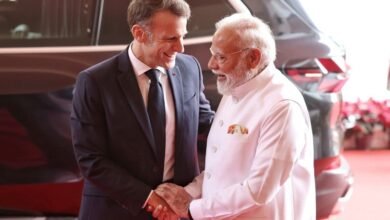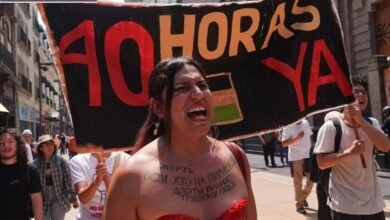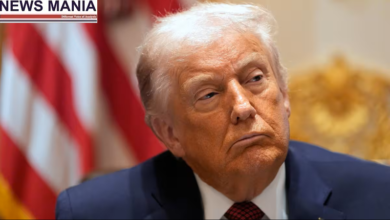Africa loses £3.2 billion annually as a result of negative perceptions in the global media

News Mania / Piyal Chatterjee / 17th October 2024
According to a recent analysis, sustained unfavorable preconceptions that predominate in worldwide media coverage of the continent cause Africa to lose up to £3.2 billion annually in inflated interest payments on government debt. Africa Practice and the advocacy non-profit conducted research. According to Africa No Filter, media representations of Africa, particularly during elections when international attention is amplified, concentrate disproportionately on issues like conflict, corruption, poverty, illness, and bad leadership. This leads to a monolithic perception of the continent and increases the gap between the perceived and real risks of investing there.
“We’ve always known that there’s a cost to the persistent stereotypical media narratives about Africa. Now we’re able to put an actual figure to it,” said Moky Makura, executive director of Africa No Filter. “The scale of these figures underscores the urgent need to challenge [these] negative stereotypes about Africa and promote a more balanced narrative.”
Even while coverage has improved over the past few decades due to factors including globalization, increased local presence of international media outlets on the continent, activism against stereotyping, and more African involvement in world issues, it still falls short. Comparing international media coverage of elections in Kenya, Nigeria, South Africa, and Egypt to coverage of non-African nations with comparable socioeconomic and political circumstances, or “risk profiles,” like Malaysia (Kenya and Nigeria), Denmark (South Africa), and Thailand (Egypt), the Cost of Media Stereotypes to Africa study is conducted. It implies prejudice and inequalities in the way journalists and newsrooms report about Africa, notably in the coverage of corrupt practices or violent election events, as well as in deceptive headlines.
“Typically, election coverage is narrowly focused on the horse race between the incumbent and main opposition party or parties. In Africa, it is often peppered with stories of election violence and rumours of corruption,” said Makura. “The fixation on election drama rather than the issues at stake is sometimes driven by the desire for headline-grabbing stories. It’s easier to sell stories about tainted politicians and violent clashes than it is to dig into healthcare reform or job creation policies.”
In recent years, African leaders have made calls at global and regional summits for reforms to the global financial architecture – including a reassessment of the high cost of loans to Africa.
“There is a recognition that there needs to be reform of the global financial architecture, and we hope that the Bretton Woods institutions [the IMF and World Bank] and others will be working towards making development capital more accessible to the global south, and specifically to Africa,” said Courage. “There [are signs] of real frustration now on the part of African countries that this agenda is moving too slowly.”
Earlier this month, Africa No Filter launched an election reporting guide that it hopes will help newsrooms address the bias.
“For every negative story that reinforces the traditional tropes there are a hundred that don’t,” said Makura. “The question is not which one do we cover. It’s not either or, it should be both.”






